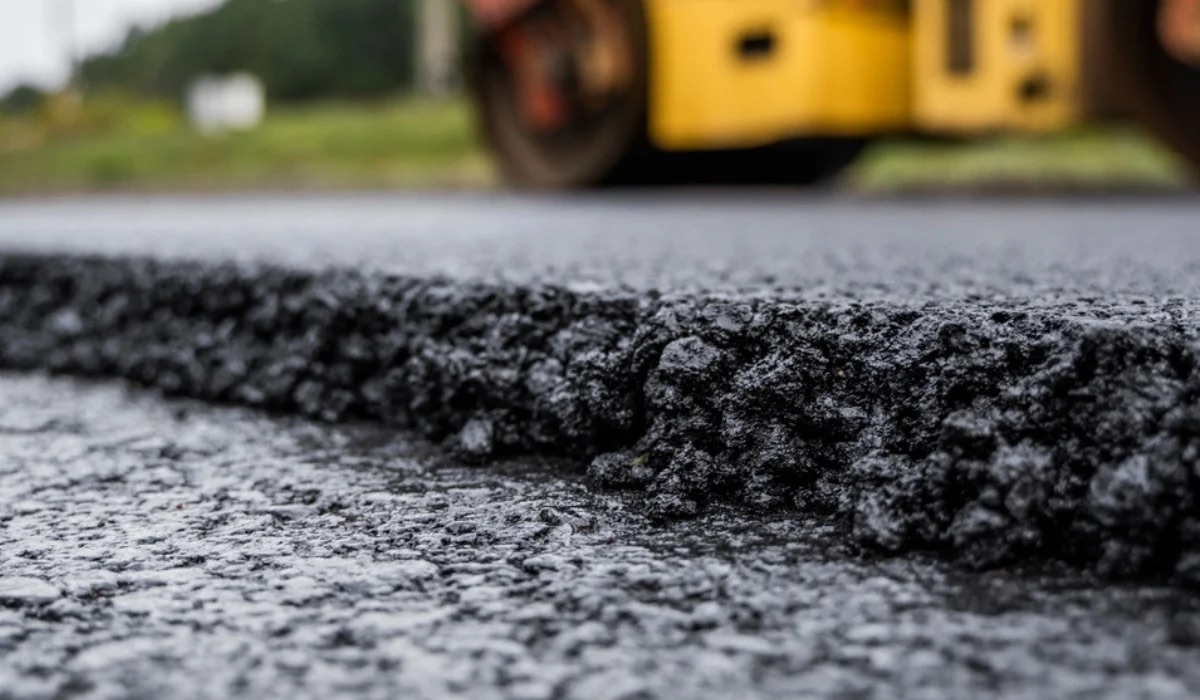

Articles
How Thick An Asphalt Driveway Should Be
Modified: December 7, 2023
Learn about the ideal thickness for an asphalt driveway in our informative articles. Ensure your driveway lasts with expert advice.
(Many of the links in this article redirect to a specific reviewed product. Your purchase of these products through affiliate links helps to generate commission for Storables.com, at no extra cost. Learn more)
Introduction
An asphalt driveway is a popular choice for residential and commercial properties due to its durability, cost-effectiveness, and aesthetic appeal. However, to ensure its longevity and ability to withstand the demands of daily use, it is essential to determine the appropriate thickness for the asphalt layer.
The thickness of an asphalt driveway is a crucial factor that directly impacts its strength and ability to withstand various environmental and traffic conditions. In this article, we will explore the factors influencing asphalt driveway thickness, discuss the recommended thickness for different types of driveways, and highlight the benefits of ensuring proper thickness. Additionally, we will outline the steps involved in determining the appropriate thickness, ensuring that you make an informed decision for your asphalt driveway project.
By understanding the importance of asphalt driveway thickness, you can prioritize this aspect during installation or renovation and enjoy a functional and long-lasting driveway.
Key Takeaways:
- Proper asphalt driveway thickness is crucial for longevity and durability. Factors like climate, traffic load, and soil stability influence the recommended thickness, ensuring resilience against weather and traffic stress.
- Consulting professionals and considering soil testing and traffic load analysis are essential steps in determining the appropriate thickness for your asphalt driveway. Investing in the proper thickness ensures a durable, resilient, and aesthetically pleasing driveway.
Read more: How Often Should Asphalt Driveway Be Sealed
Factors Affecting Asphalt Driveway Thickness
Several factors come into play when determining the appropriate thickness for an asphalt driveway. These factors help ensure that the driveway can withstand the specific climate, traffic load, and soil conditions it will encounter. Let’s explore the key factors influencing asphalt driveway thickness:
Climate and Weather Conditions
The climate and weather conditions of a location significantly impact the durability of an asphalt driveway. Areas with harsh winters or extremes in temperature variations require thicker asphalt to prevent cracking and damage. Similarly, regions prone to heavy rainfall or high humidity may benefit from a thicker layer to resist water penetration and potential erosion.
Expected Traffic Load
The anticipated traffic load is another critical factor to consider when determining asphalt driveway thickness. Higher traffic volumes or heavier vehicles, such as commercial trucks or RVs, impose greater stress on the pavement. Therefore, driveways expected to endure heavy traffic should have a thicker asphalt layer to ensure sufficient strength and prevent premature wear and tear.
Soil Stability
The stability and composition of the underlying soil can influence the required thickness for an asphalt driveway. Different soils possess varying load-bearing capacities and potential for settling or shifting. In areas with unstable or weak soils, a thicker asphalt layer may be necessary to provide added support and prevent the driveway’s foundation from sinking or collapsing.
Considering these factors is crucial as they help determine the optimal thickness necessary to ensure the longevity and performance of your asphalt driveway. By taking into account climate and weather conditions, expected traffic load, and soil stability, you can make informed decisions about the thickness required for your specific project.
Read more: What Is An Asphalt Driveway
Recommended Asphalt Driveway Thickness
The recommended thickness for an asphalt driveway varies depending on the type of use and the expected traffic load. Residential driveways and commercial driveways have different requirements. Let’s take a closer look at the recommended asphalt driveway thickness for each:
Residential Driveways
For residential driveways, the typical asphalt thickness ranges from 2 to 3 inches (5 to 7.6 cm). This thickness is generally sufficient to withstand the weight of personal vehicles and moderate traffic from guests or family members. However, it is important to consider local climate conditions and soil stability when determining the final thickness. In regions with harsh weather or weaker soils, a thicker layer may be recommended for increased durability and longevity.
Commercial Driveways
Commercial driveways usually require a thicker layer of asphalt due to higher traffic volumes and the presence of heavier vehicles. The recommended thickness for commercial driveways ranges from 3 to 4 inches (7.6 to 10.2 cm) or even more, depending on the specific requirements. This added thickness provides the necessary strength and load-bearing capacity to withstand the constant traffic flow and accommodate vehicles such as delivery trucks, construction equipment, or buses.
It’s important to consult with a professional paving contractor who can assess your specific needs and recommend the appropriate asphalt thickness for your driveway project. They will consider factors such as anticipated traffic load, climate conditions, and soil stability to determine the ideal thickness and ensure a resilient and long-lasting pavement surface.
By following the recommended asphalt driveway thickness guidelines for residential and commercial driveways, you can ensure that your pavement can endure the expected use and traffic, offering years of reliability and durability.
Benefits of Proper Asphalt Driveway Thickness
Ensuring the proper thickness of your asphalt driveway comes with several benefits that contribute to its longevity, durability, and overall performance. Here are some of the key advantages of maintaining the appropriate asphalt thickness:
Read more: How To Make An Asphalt Driveway
Longevity and Durability
One of the primary benefits of having the right asphalt driveway thickness is increased longevity and durability. The proper thickness provides adequate protection against external factors such as weather conditions, traffic load, and wear and tear. Thicker asphalt layers are more resilient and resistant to cracking, potholes, and other forms of damage. This longer lifespan translates into cost savings over time, as you won’t need frequent repairs or resurfacing.
Enhanced Load-bearing Capacity
Proper asphalt thickness ensures enhanced load-bearing capacity, particularly important for driveways subject to heavy vehicles or high traffic volumes. Thicker asphalt layers can effectively distribute the weight of vehicles, preventing structural failures or premature deterioration. A driveway with sufficient load-bearing capacity can withstand the stresses imposed by larger vehicles, such as delivery trucks or commercial vehicles, without incurring damage.
By having an asphalt driveway with the appropriate thickness, you can enjoy a surface that is resistant to cracking, potholes, and other forms of damage. Your driveway will have an extended lifespan, reducing the need for frequent repairs and maintenance. Additionally, the enhanced load-bearing capacity of the pavement ensures its ability to withstand heavier traffic and vehicles, providing a reliable and safe surface for years to come.
Steps for Determining Asphalt Driveway Thickness
Determining the appropriate thickness for your asphalt driveway requires careful analysis and evaluation of various factors specific to your location and needs. By following these steps, you can ensure that your asphalt driveway has the optimal thickness for longevity and performance:
Soil Testing
The first step in determining asphalt driveway thickness is conducting a thorough soil test. Soil stability plays a vital role in the driveway’s ability to withstand the weight of vehicles and resist settling. A professional engineer or soil testing expert can assess the soil composition and provide recommendations on the suitable asphalt thickness to accommodate potential soil movement and prevent pavement failure.
Read more: How To Resurface An Asphalt Driveway
Traffic Load Analysis
Understanding the expected traffic load is crucial in determining the proper asphalt thickness. Assess the types of vehicles that will use the driveway, their frequency, and their weight. Higher traffic volumes or heavier vehicles will require a thicker asphalt layer to ensure the pavement can withstand the imposed stress and prevent premature deterioration. Consider consulting with an engineer or pavement specialist to accurately assess the traffic load analysis and recommend the appropriate thickness.
Consulting with Professionals
It is highly recommended to consult with professionals in the asphalt paving industry. Experienced contractors or engineers can provide valuable insights and expertise in determining the ideal thickness for your asphalt driveway. They will consider all the relevant factors such as climate conditions, soil stability, and traffic load, and provide specific recommendations tailored to your project. Consulting professionals ensures that the thickness determination is accurate and on par with industry standards, ultimately guaranteeing a long-lasting and reliable asphalt driveway.
By following these steps and seeking professional advice, you can ensure that your asphalt driveway has the optimal thickness to withstand the specific conditions of your location and expected use. Implementing the appropriate thickness will result in a durable, high-performance driveway that requires minimal maintenance and offers years of reliable use.
Conclusion
Choosing the proper thickness for your asphalt driveway is crucial to ensure its longevity, durability, and ability to withstand the demands of daily use. Factors such as climate conditions, expected traffic load, and soil stability play significant roles in determining the optimal thickness.
For residential driveways, a typical thickness of 2 to 3 inches (5 to 7.6 cm) is recommended, while commercial driveways may require a thicker layer of 3 to 4 inches (7.6 to 10.2 cm) or more. Consulting with professionals and considering soil testing and traffic load analysis are essential steps in determining the appropriate thickness for your asphalt driveway.
By maintaining the recommended thickness, you can enjoy several benefits, including increased longevity, durability, and enhanced load-bearing capacity. A properly thickened asphalt driveway can withstand harsh weather conditions, heavy traffic volumes, and the weight of larger vehicles without suffering from cracks or premature deterioration.
To ensure accurate thickness determination, it is essential to consult with professionals in the asphalt paving industry. They possess the knowledge and expertise to assess your specific needs, considering factors such as climate, soil stability, and traffic load, and provide tailored recommendations for your project.
Investing in the proper thickness for your asphalt driveway is an investment in its long-term performance and functionality. By taking the necessary steps and seeking professional guidance, you can create a durable, resilient, and aesthetically pleasing driveway that will serve you well for years to come.
Frequently Asked Questions about How Thick An Asphalt Driveway Should Be
Was this page helpful?
At Storables.com, we guarantee accurate and reliable information. Our content, validated by Expert Board Contributors, is crafted following stringent Editorial Policies. We're committed to providing you with well-researched, expert-backed insights for all your informational needs.

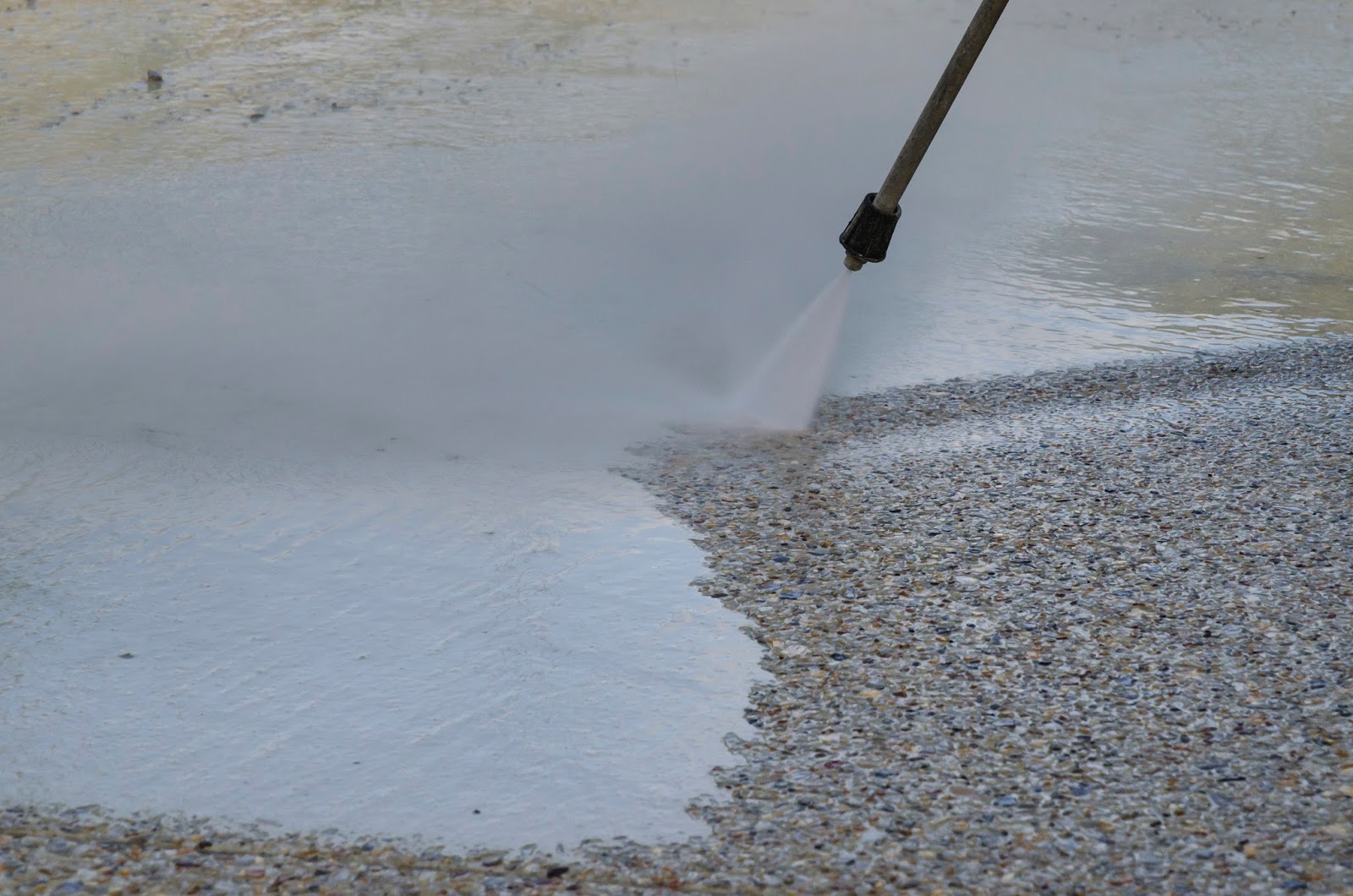

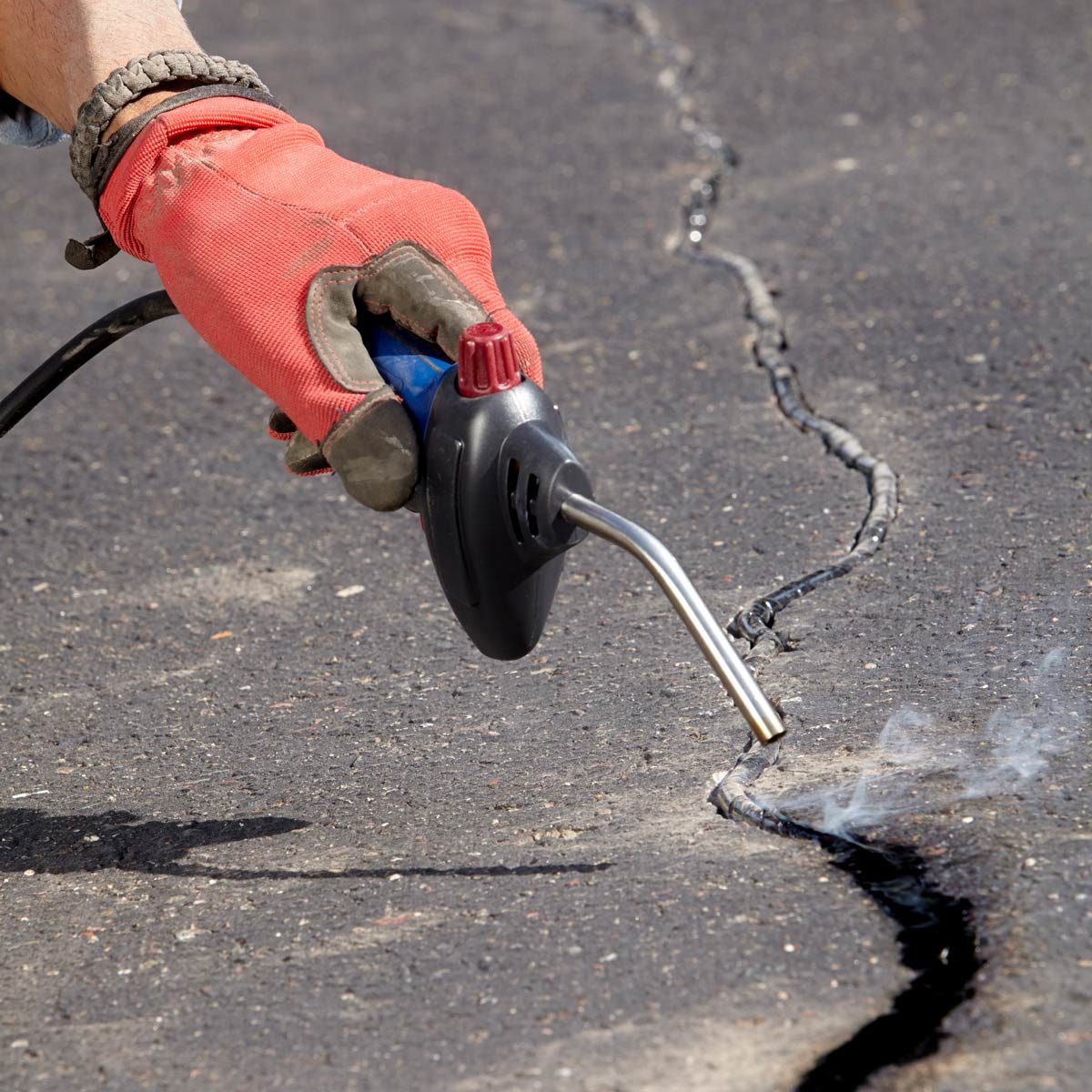
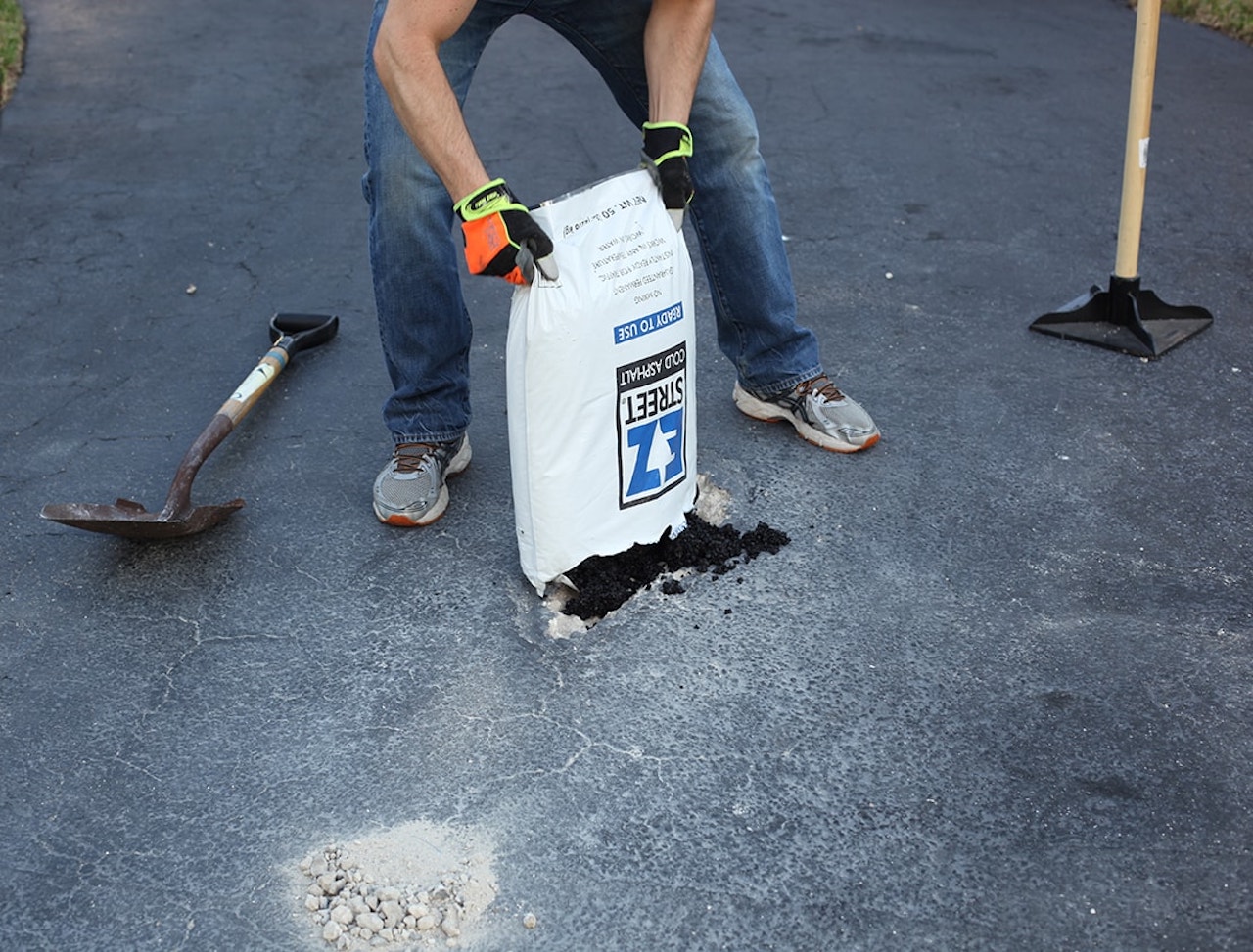
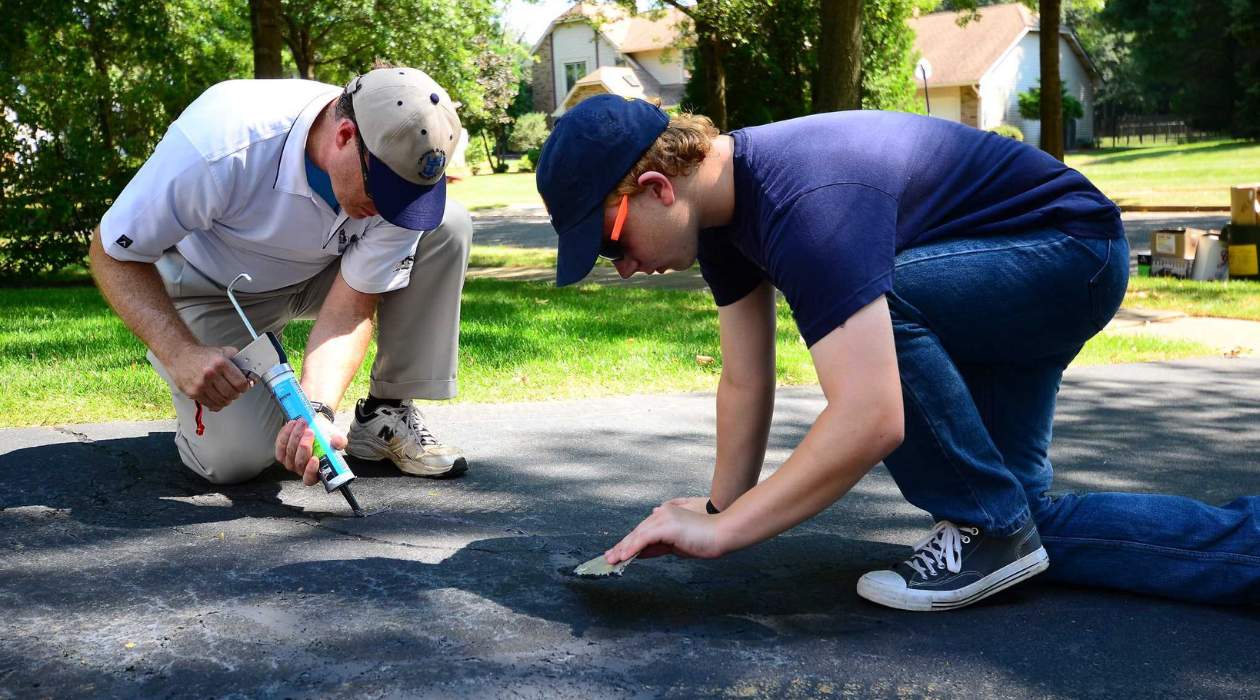
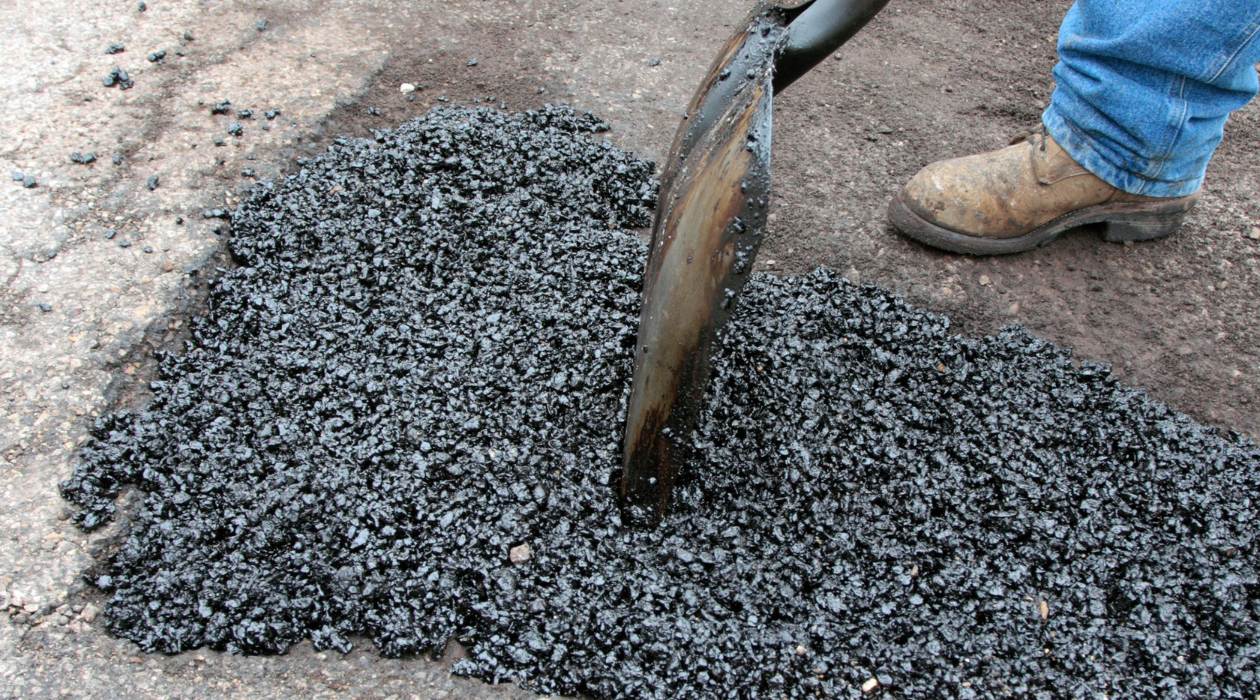
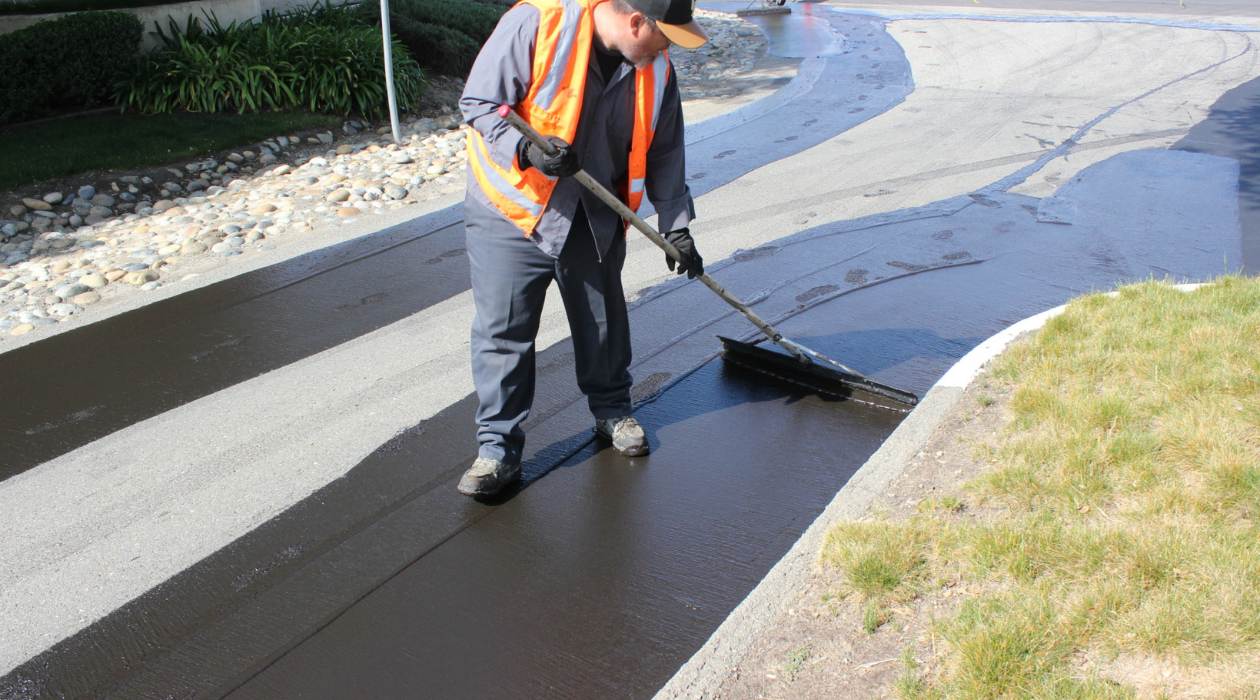





0 thoughts on “How Thick An Asphalt Driveway Should Be”